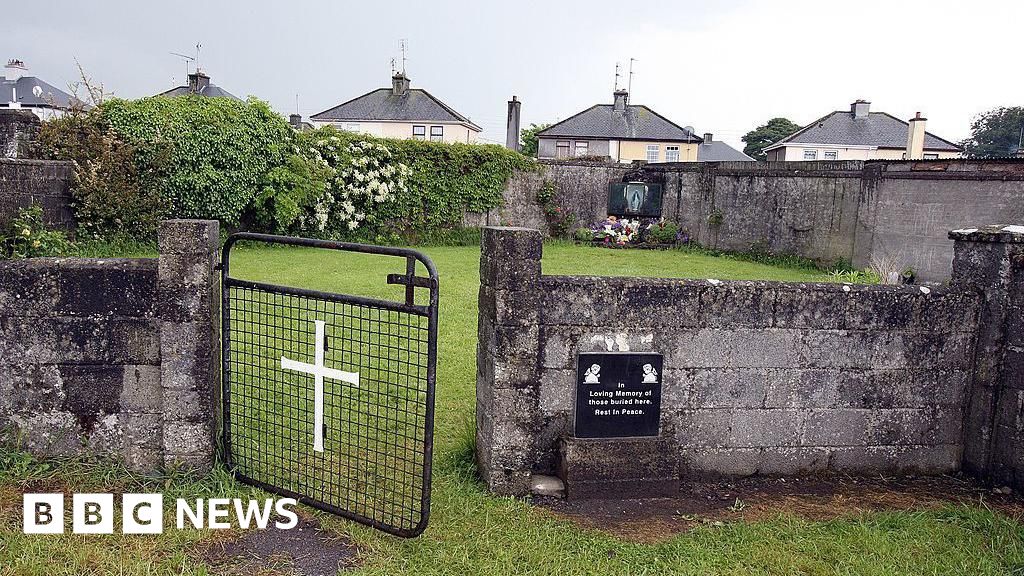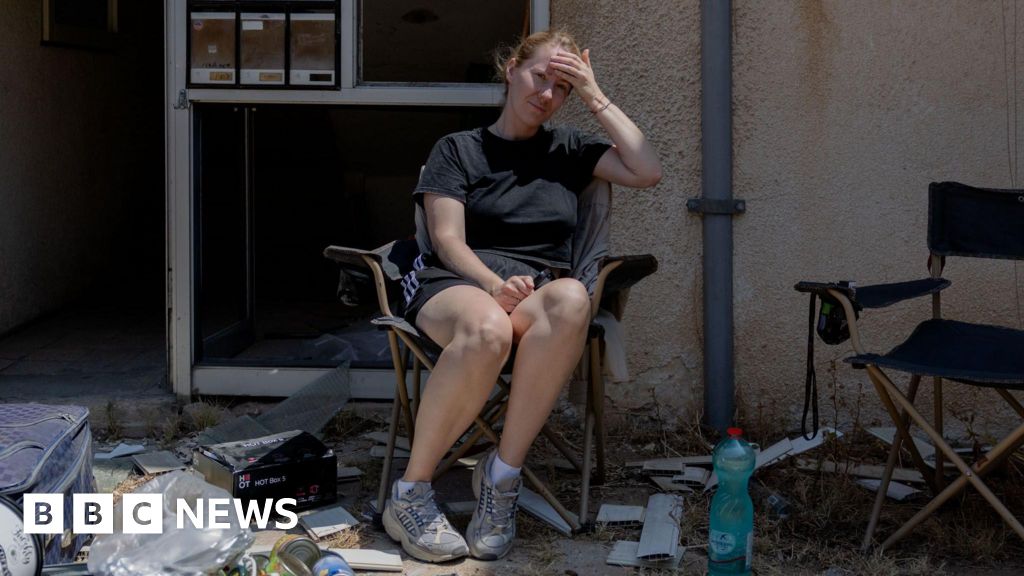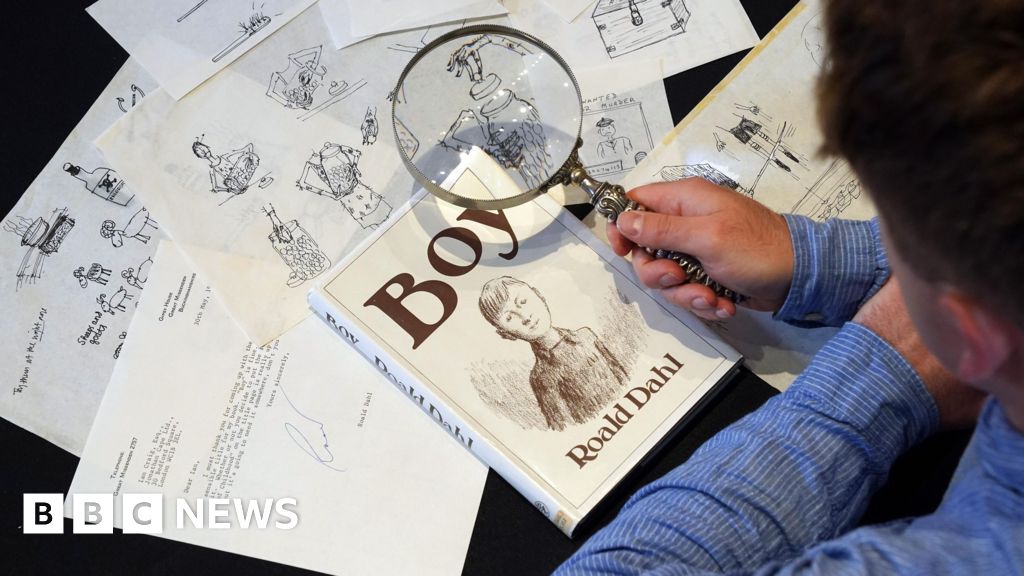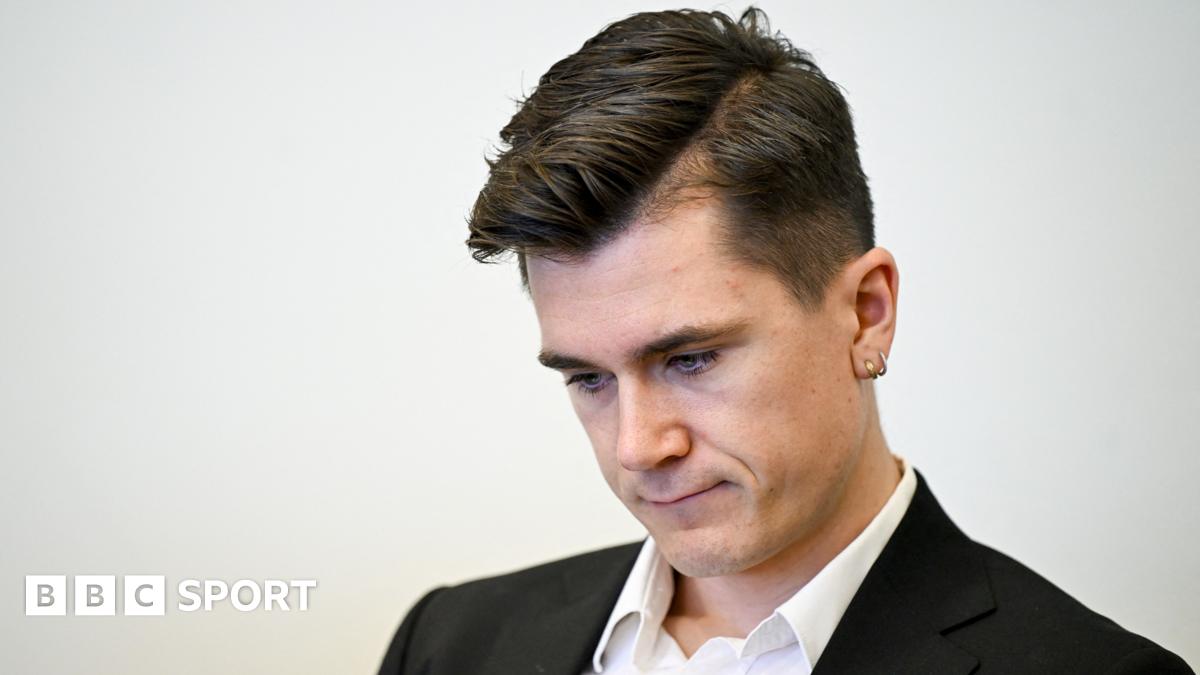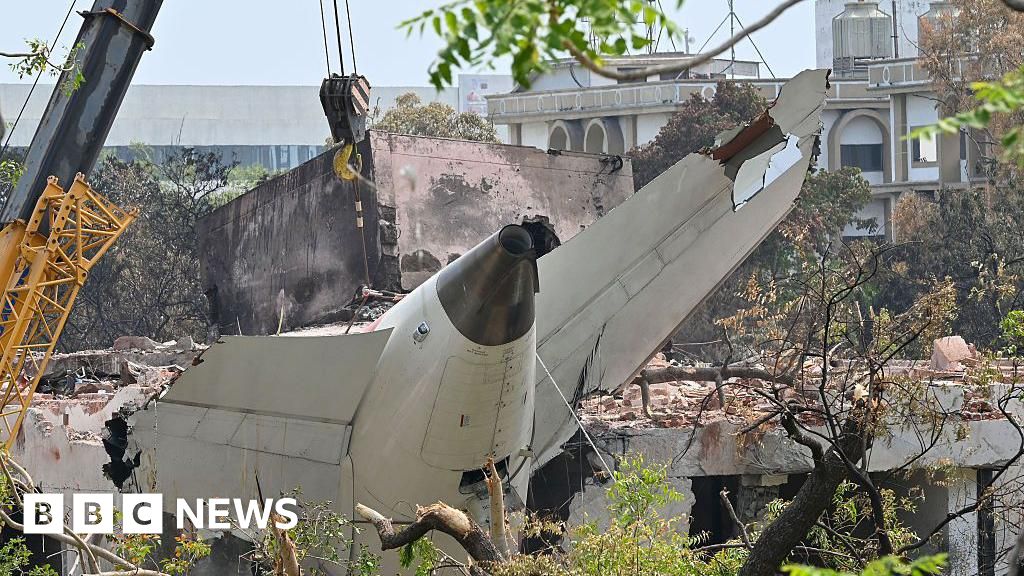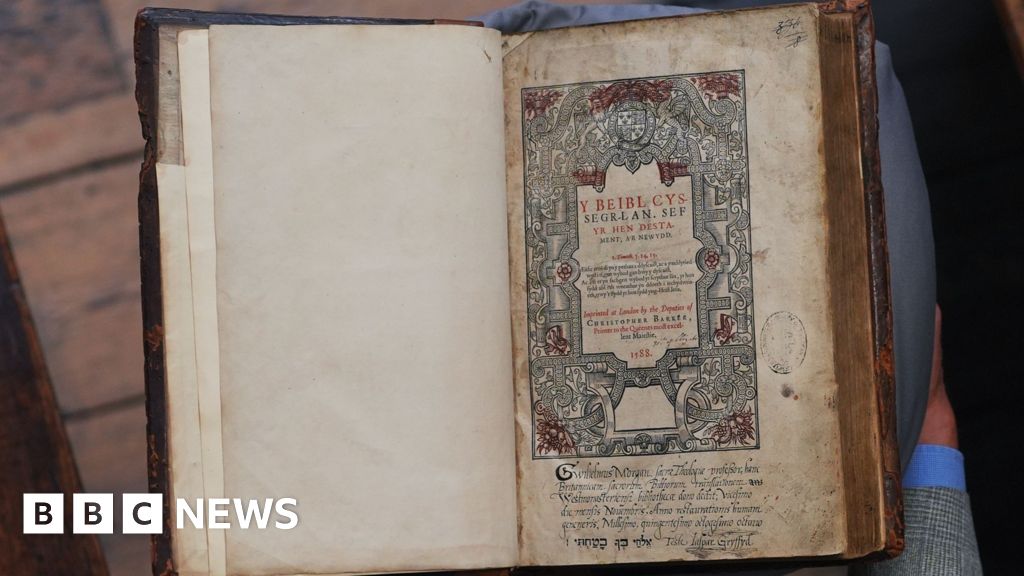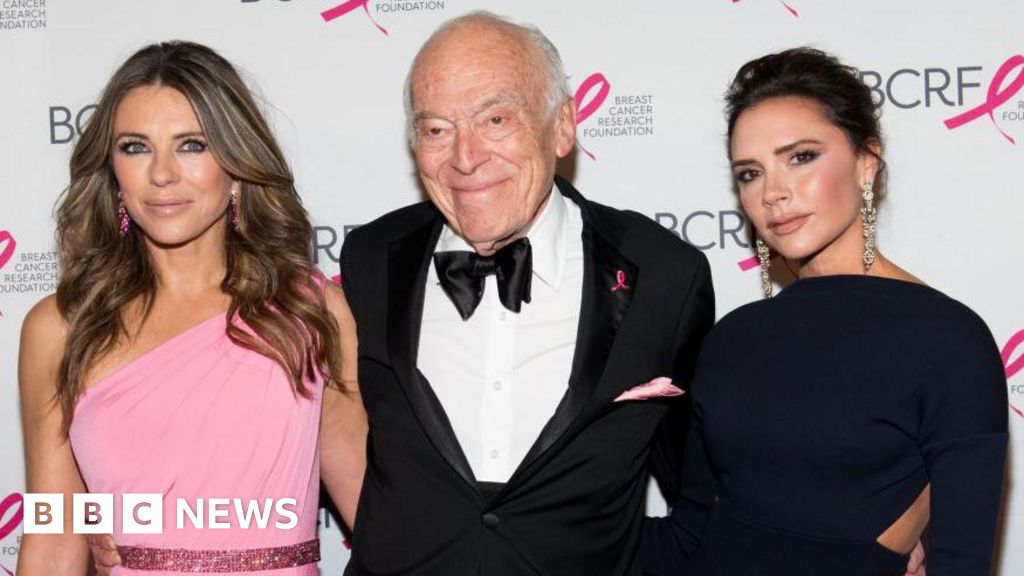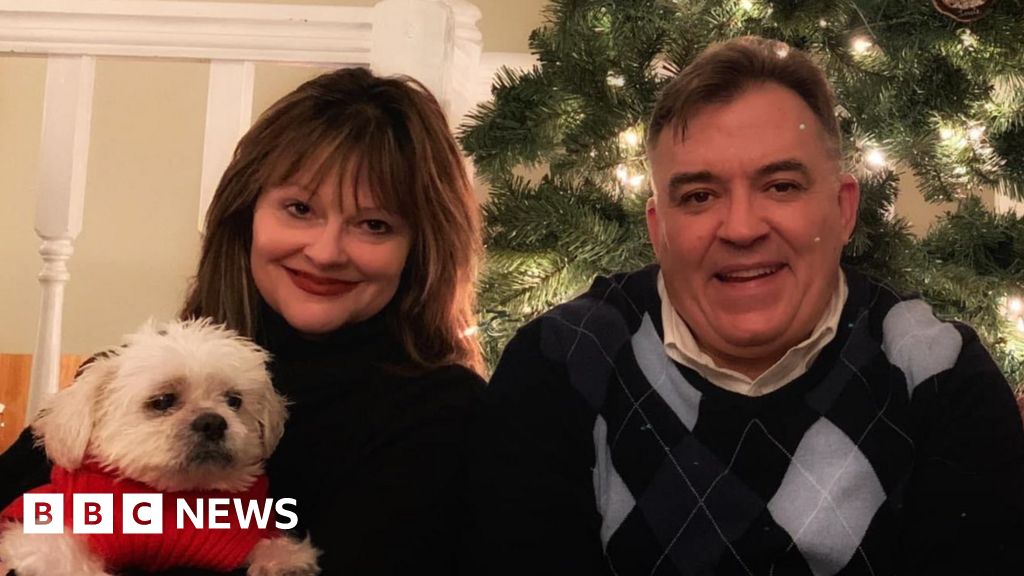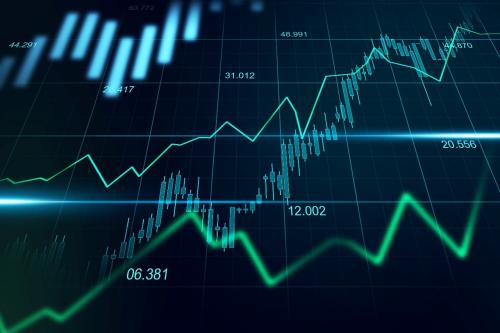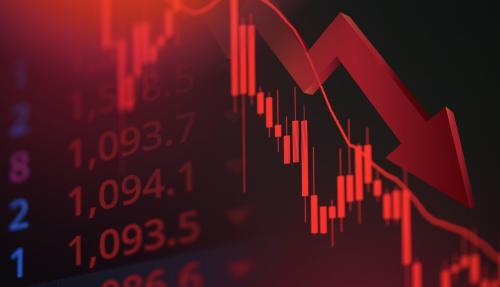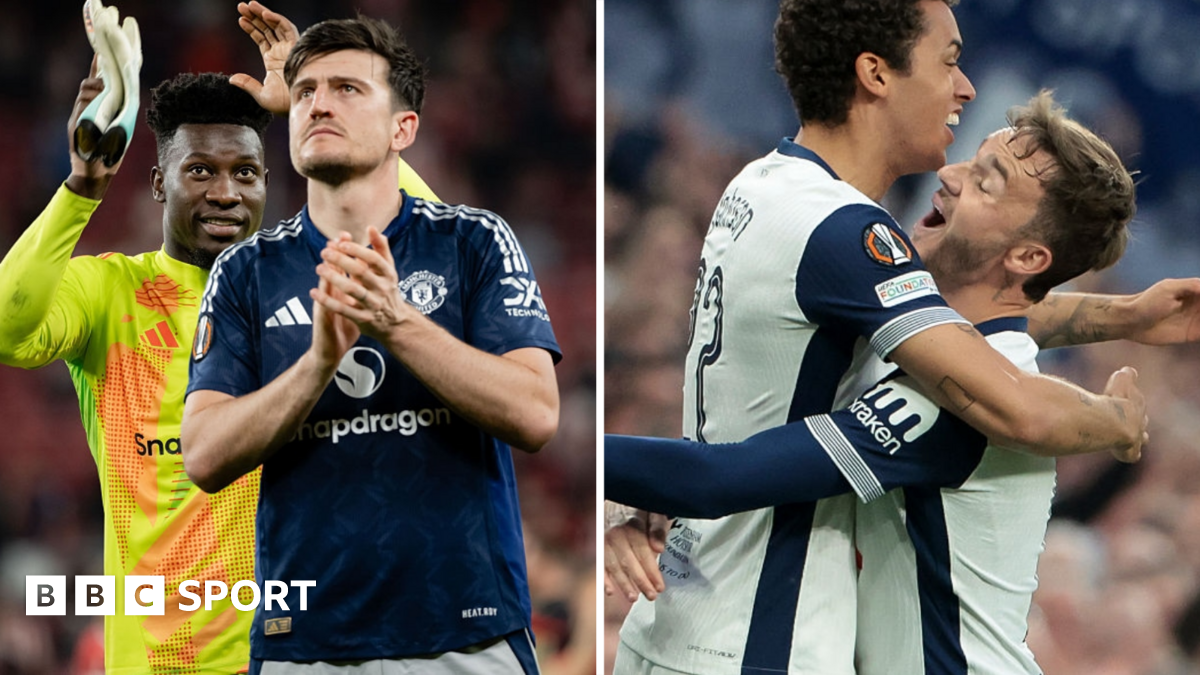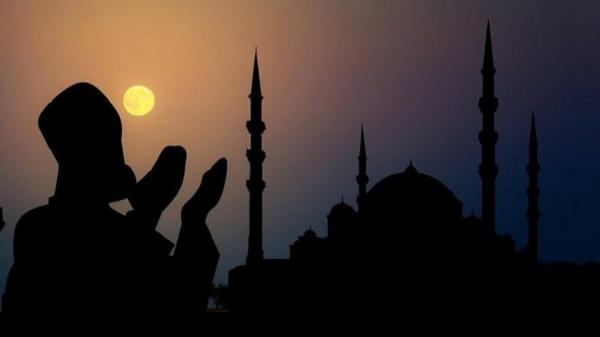Jessica Murphy
BBC News, Toronto

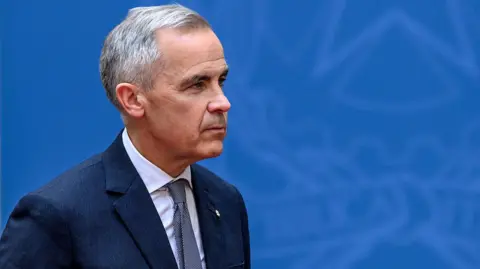 Getty Images
Getty Images
Leaders of some of the world's wealthiest countries have descended on a luxury mountain lodge nestled in Canada's Rockies for this year's G7 summit.
The elite gathering comes as Western allies face numerous crises, from conflicts on three continents to global economic instability.
Canada chairs the G7 this year and will host leaders of Italy, US, France, Germany, UK and Japan in Kananaskis, Alberta. It has promised a set of streamlined priorities focused around the global economy and security.
But Mark Carney's carefully planned agenda has now been upended by the Israel-Iran conflict.
It is his first major international gathering as Canadian prime minister.
Here are five challenges ahead.
Big moment for Carney as Iran derails plans
This summit was set to be a test of his ability to meet three lofty goals he advanced for Canada - taking a leadership role on the global stage, becoming the strongest G7 economy and weaning off US dependency.
Now the Iran issue has suddenly shot to the top of the G7 agenda, forcing his officials to rejig their preparations.
But one thing is clear. Carney will be closely watched for how he handles US President Donald Trump, who has frequently undermined Canada's sovereignty.
John Kirton, director of G7 Research Group at the University of Toronto, says that scrutiny will start from the arrival ceremony, where he will need to show that he is treating Trump as an equal. And keep him in check when the meetings are under way.
The summit offers the potential to secure some Canadian wins, perhaps new trade and security deals with the US, hatched last month in Washington.
At that meeting, Carney gave the president some golf gear from the Kananaskis Country Club, a scenic course within the tightly controlled perimeter of the summit.
The Trump factor
The summit is taking place amid a global trade war started by Trump, who is using tariffs as a way to rebalance trading relationships. He has said the US has been "looted, pillaged, raped and plundered by nations near and far, both friend and foe alike".
It also comes as World Bank predicts the global economy will see the slowest decade for growth since the 1960s as the effect the US tariffs are felt, making it likely there will be some awkward - or "frank", in diplomatic lingo - conversations at this family gathering.
A discussion on the global economy will kick off the summit on Monday morning.
But Trump's November election win has shifted the global agenda beyond trade. The gathering offers the president a chance to secure wins on some of his other priorities, such as migration, critical minerals, security and drug trafficking - all of which are on the agenda later in the day.
The president has met each of his G7 counterparts since taking office but he will line up one-on-one meetings on the sidelines - he has already got Carney and the Mexican president in the diary.
There are currently two bilateral meetings on his schedule, according to US officials, though there no details on whom he is speaking with.
Avoiding a walkout like in 2018
This will be Trump's second time in Canada as US president, the first being a discordant summit in Charlevoix, Quebec, in 2018 shortly after he slapped steel and aluminium tariffs on Canada, Mexico and Europe.
Charlevoix was memorable for ending in acrimony and disarray - captured in a now-famous photo of former German Chancellor Angela Merkel confronting a defiant Trump as other world leaders and US aides looked on.

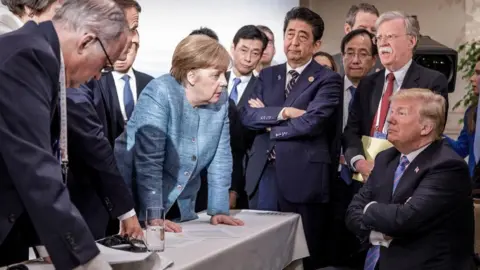 Bundesregierung/EPA
Bundesregierung/EPA
The leaders struggled to agree on language over global trade for the final communique - a moment captured in that Merkel image - before Trump left the summit early.
He headed to Singapore to sit down with North Korean leader Kim Jong-un while posting missives from Air Force One aimed at then Canadian Prime Minister Justin Trudeau.
Many of the tensions from seven years ago remain relevant today.
Carney hopes to avoid a similar derailment, and told Sky News last month that the lesson he took from that blow-up "is to be consistent - say the same thing in private as you do in public, say the same things after the summit as you do during the summit".
The G7 is a "consensus body. We work together", a senior Canadian government official said in a briefing last week.
With that in mind, Canada has chosen to eschew a final communique completely in favour of six of short joint statements on wildfires, critical minerals and other key agenda items.
Forest fires, AI, critical minerals and Ukraine
Canada's priorities for the confab are sharply focused on building stronger economies and strengthening peace and security, including harnessing the power of artificial intelligence and fortifying critical mineral supply chains.
While there are no broad commitments expected on climate change, it is integrated into the agenda, a senior government official told a briefing this week, pointing to an effort to improve the international joint response to the growing global forest fire threat.
Canada's worst wildfire season on record was in 2023 and this year could be on track to be the second worst. Smoke from the blazes has blanketed parts of North America and Europe and could be visible reminder to delegates in Kananaskis of the threat.
Ukraine is another pressing topic on the agenda, with President Volodomyr Zelensky there hoping to discuss continued support for his country, sanctions against Russia and future financing for reconstruction efforts.
Tuesday morning will focus on that conflict, with Ukraine expected to push for more sanctions on Russia.
Carney has also placed countering foreign interference - notably interference in global diaspora communities - high on the summit's agenda, setting up potential for tense discussions with some of the attending leaders who are not part of the G7.
Geopolitical minefields
As host, Canada also invites leaders not permanently attached to the seven-member group, and Carney has given a number the nod to attend, some more controversial than others.
As mentioned, Zelensky will be there.
Prime Minister Narendra Modi will also be a guest, with Carney saying there are important discussions that India, as a major economic force, should be a part of.
Modi's attendance comes amid deeply strained relations between the two countries over the murder of a Sikh separatist leader on Canadian soil.
- Carney invites Modi to G7, signalling thaw in relations
- Canada pledges to meet Nato's 2% defence spending target within a year
Canada has accused India of carrying out that targeted killing of Hardeep Singh Nijjar two years ago and the G7 invitation has received backlash among some Sikh Canadians.
Mexico's President, Claudia Sheinbaum, has confirmed she will be in Kananaskis. Her presence sets the stage for talks on North American trade, which has been upended by Trump's tariffs. Sheinbaum has said she is keen to set up a one-on-one meeting with Trump, which would be the first between the pair.
Carney has also invited European and Nato leaders and his counterparts from Australia, South Africa, South Korea, Indonesia, and Brazil.
.png)
 10 hours ago
5
10 hours ago
5
